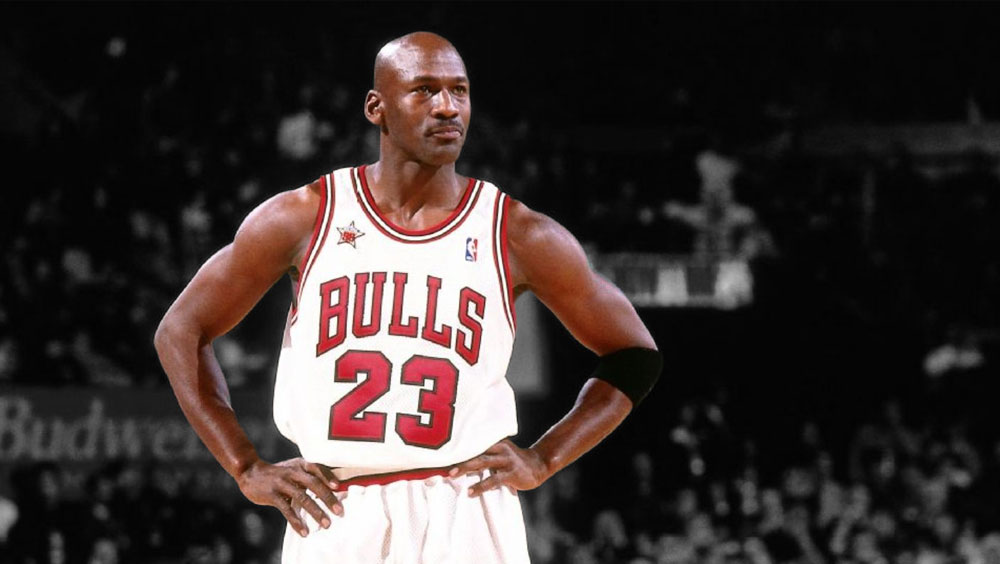Michael Jordan is widely regarded as the greatest basketball player of all time. With countless accolades, six NBA championships, and a legacy that still impacts the game today, fans old and new often wonder: how long did Michael Jordan play in the NBA? His career, marked by spectacular highs and a few unexpected hiatuses, tells a story of unmatched dominance and relentless passion for the sport.
The Start of Greatness: Jordan’s NBA Debut
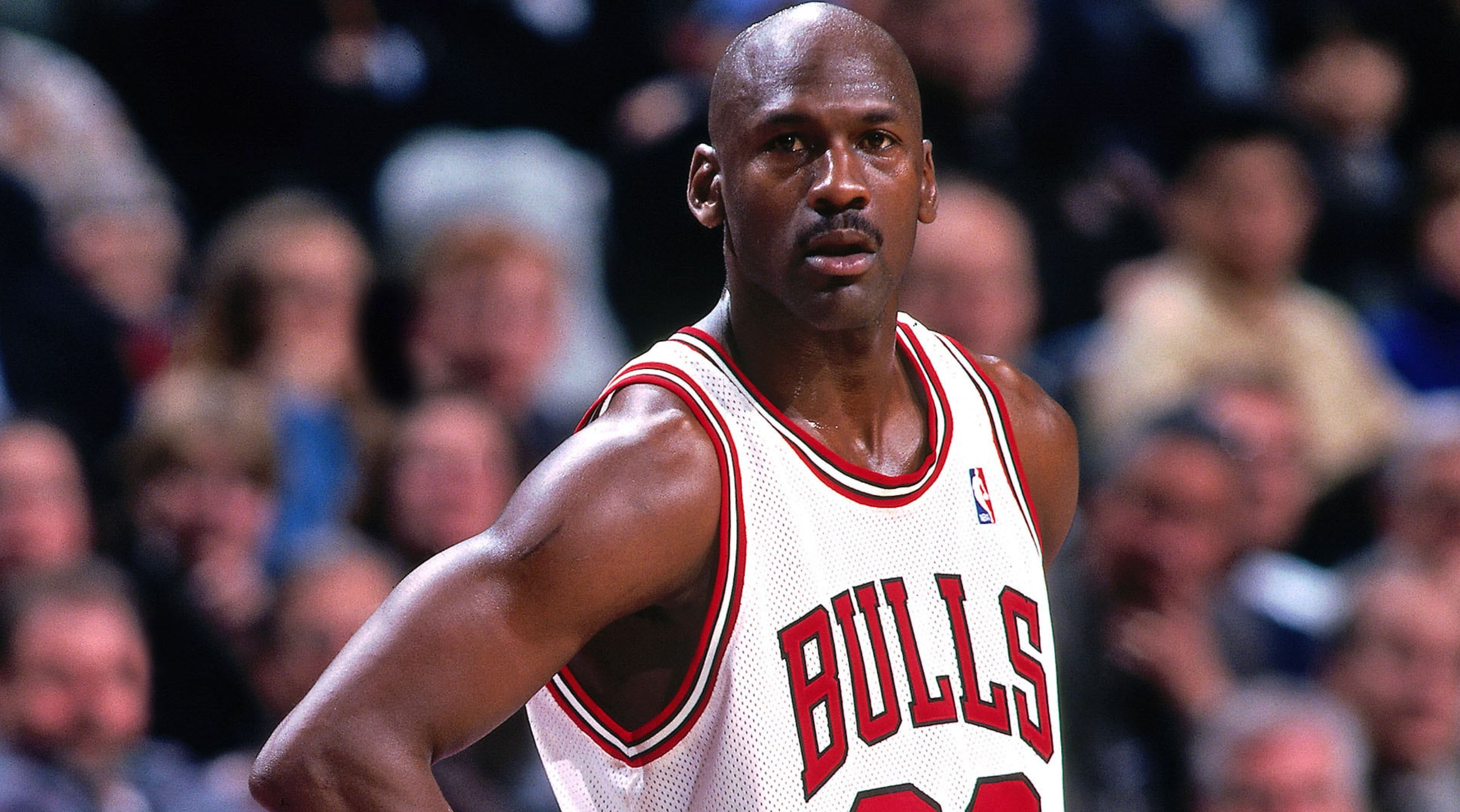
Michael Jordan began his NBA career in 1984 when he was drafted third overall by the Chicago Bulls. From his first game, it was clear he was a generational talent. His electrifying dunks, competitive drive, and scoring ability quickly made him a fan favorite. In his rookie season, he averaged 28.2 points per game and won the NBA Rookie of the Year Award.
Establishing a Dynasty with the Bulls
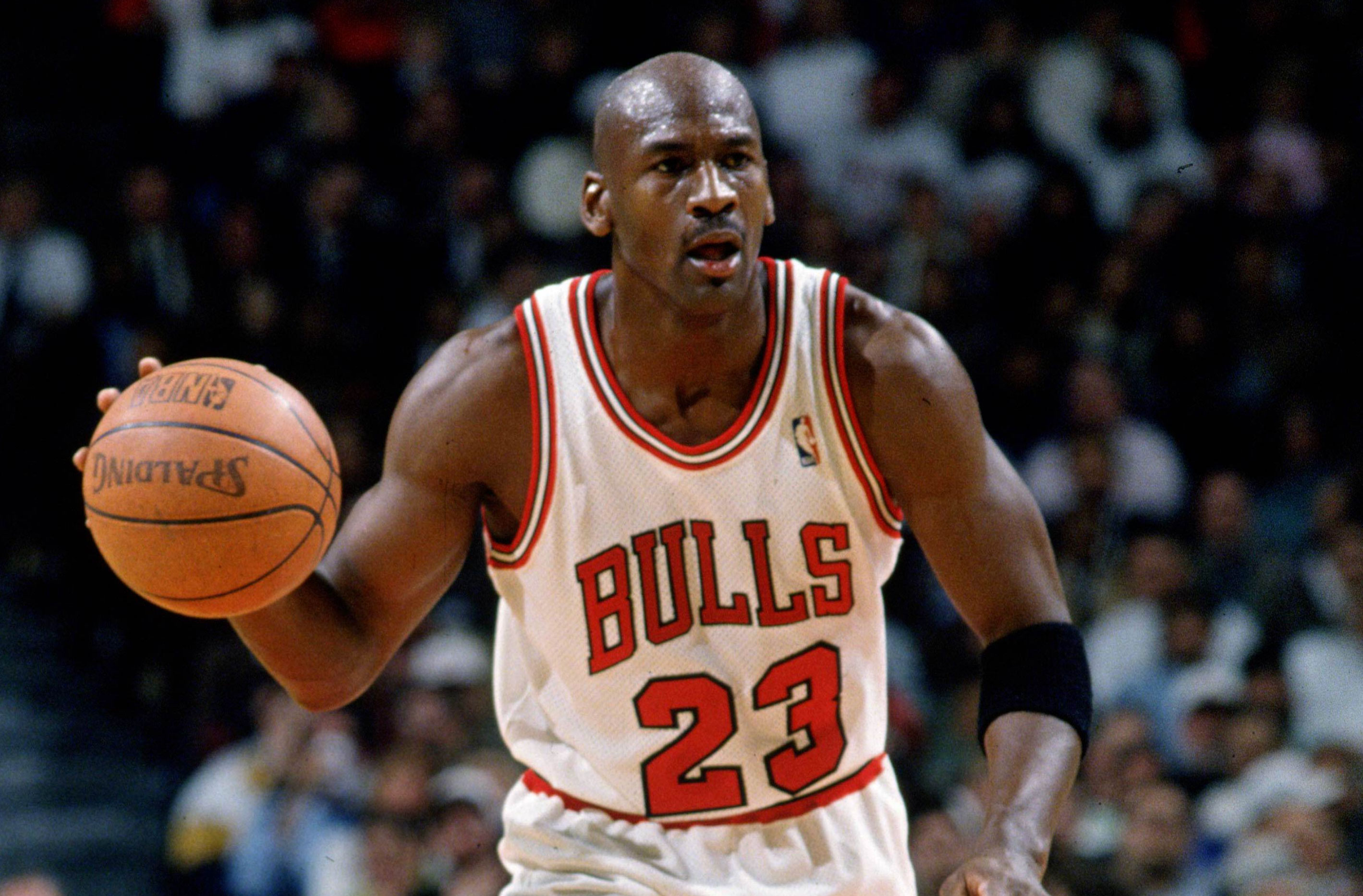
Throughout the late '80s and early '90s, Michael Jordan led the Bulls to unprecedented heights. Between 1991 and 1993, the team won three consecutive NBA championships. Jordan’s dominance during this era defined an entire generation of basketball, solidifying his place among the greatest. But just when it seemed nothing could stop him, he shocked the world by stepping away.
First Retirement and Brief Baseball Career
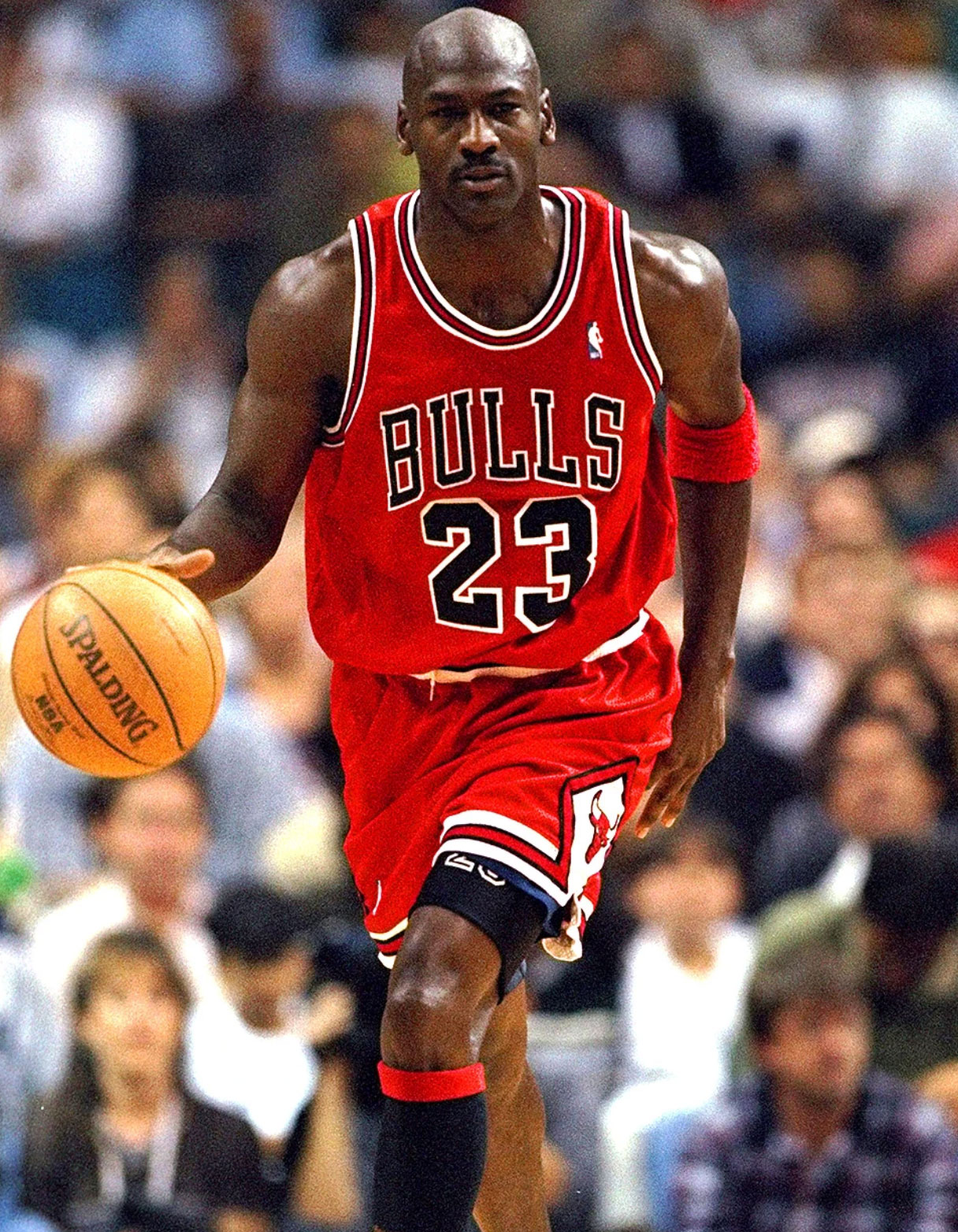
In October 1993, Michael Jordan retired from the NBA to pursue a professional baseball career, shortly after the tragic murder of his father. He played minor league baseball with the Birmingham Barons, a farm team of the Chicago White Sox. His time away from basketball was short-lived but remains a unique chapter in his remarkable career.
Air Jordan Returns to the Court
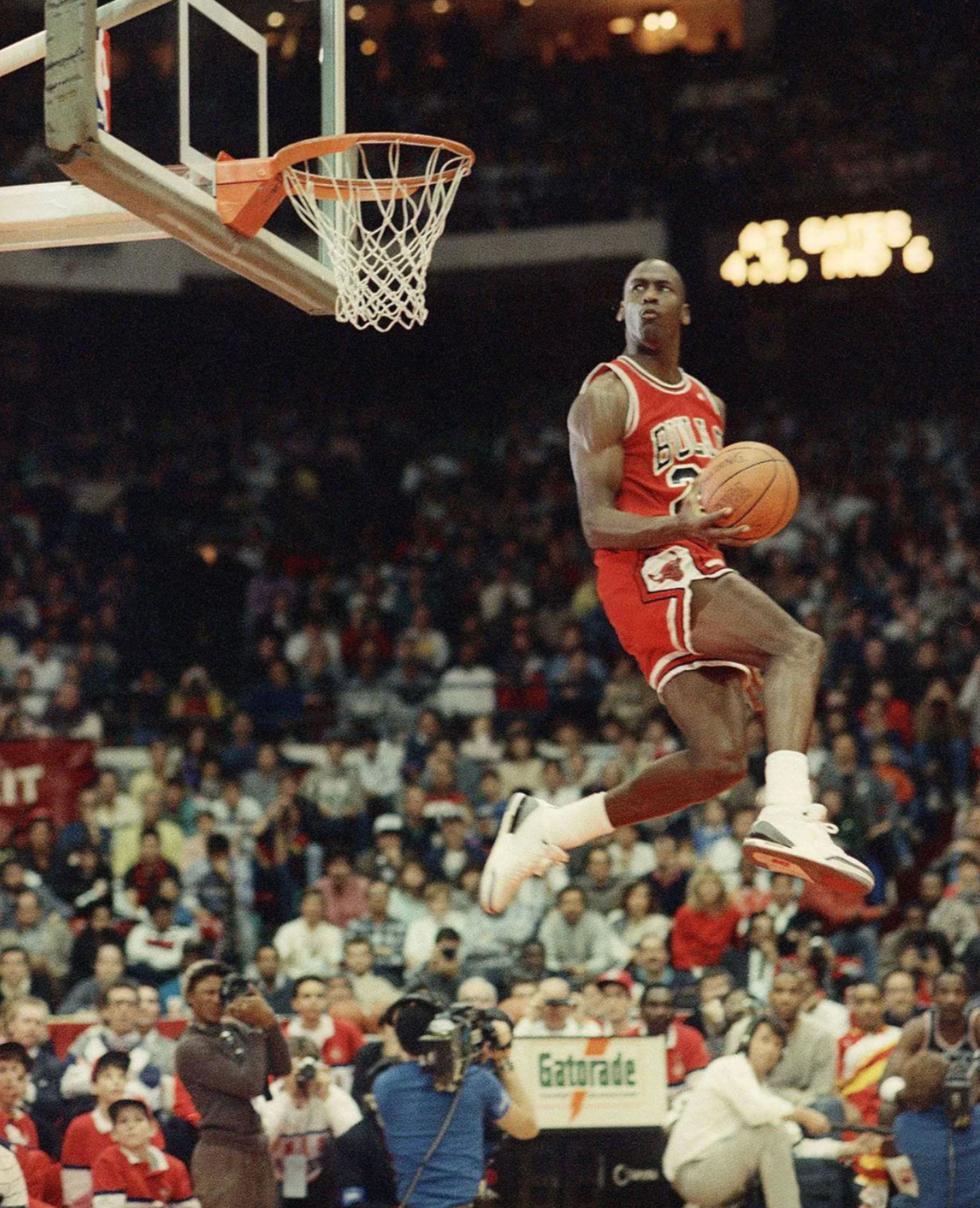
In March 1995, Jordan made his much-celebrated return to the NBA, famously announcing with a two-word press release: “I’m back.” Though he returned late in the season, his presence lifted the Bulls once more. The following three seasons (1996–1998) saw the Bulls win another championship three-peat, bringing Jordan’s total to six NBA titles.
Second Retirement and the End of an Era
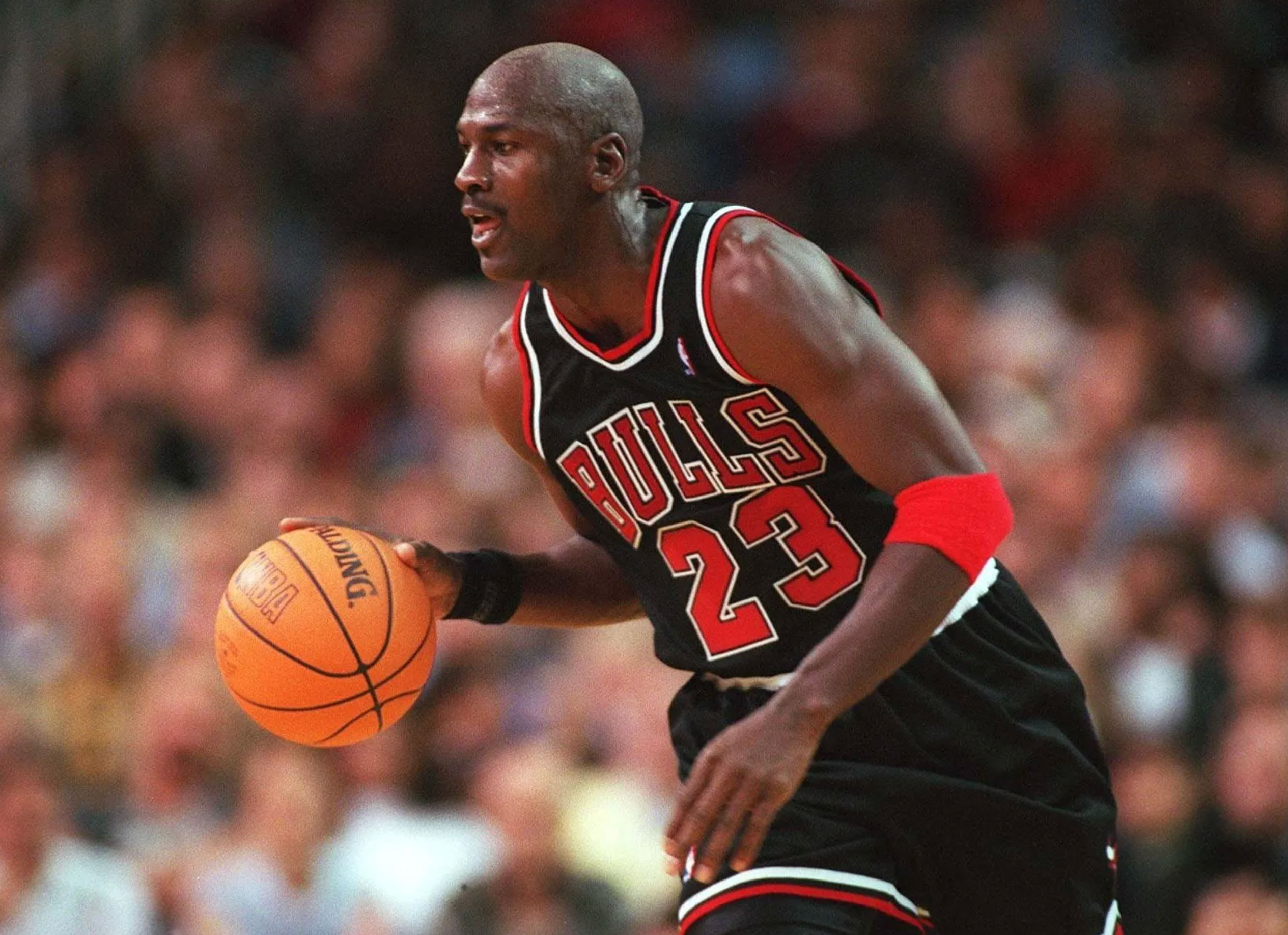
After securing a sixth championship in 1998, Jordan once again retired from the NBA. His iconic shot over Bryon Russell in the 1998 Finals is often regarded as the perfect ending to a legendary career. At that point, many believed his days on the hardwood were over. However, the story of how long did Michael Jordan play in the NBA had one surprising twist left.
A Washington Comeback: The Final Chapter
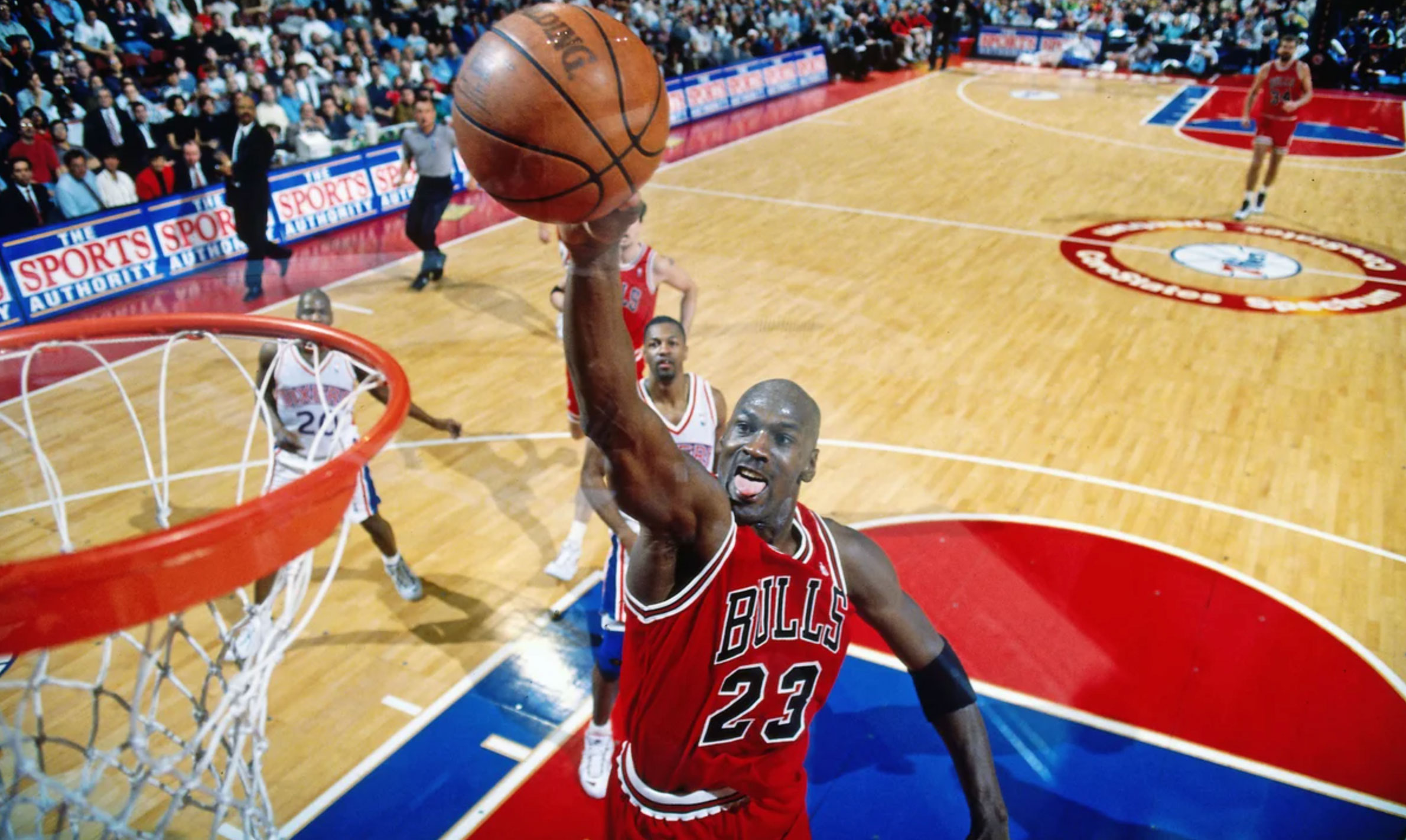
In 2001, Michael Jordan came out of retirement for a second time, announcing he would play for the Washington Wizards. Though now in his late 30s, Jordan remained a competitive force, averaging more than 20 points per game during his two seasons in Washington. While he didn’t win any championships during this stint, his leadership and experience left a lasting impression on the team.
The Final Tally: Jordan’s Total Years in the NBA
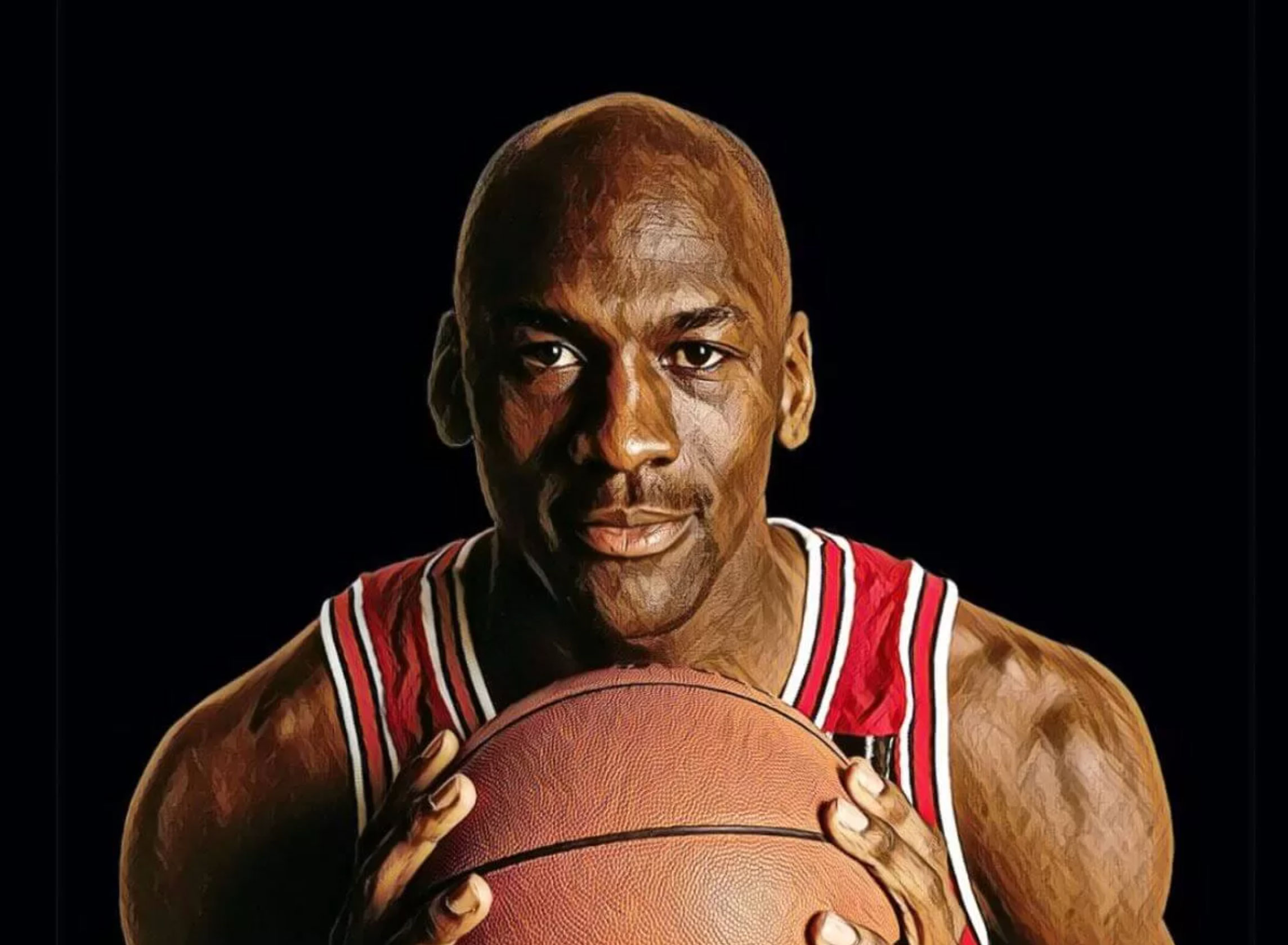
So, how long did Michael Jordan play in the NBA? In total, he played 15 seasons: 13 with the Chicago Bulls and 2 with the Washington Wizards. His NBA journey spanned from 1984 to 2003, with two retirements along the way. While interrupted, his career remains one of the most impactful in all of professional sports.
Legacy Beyond the Court
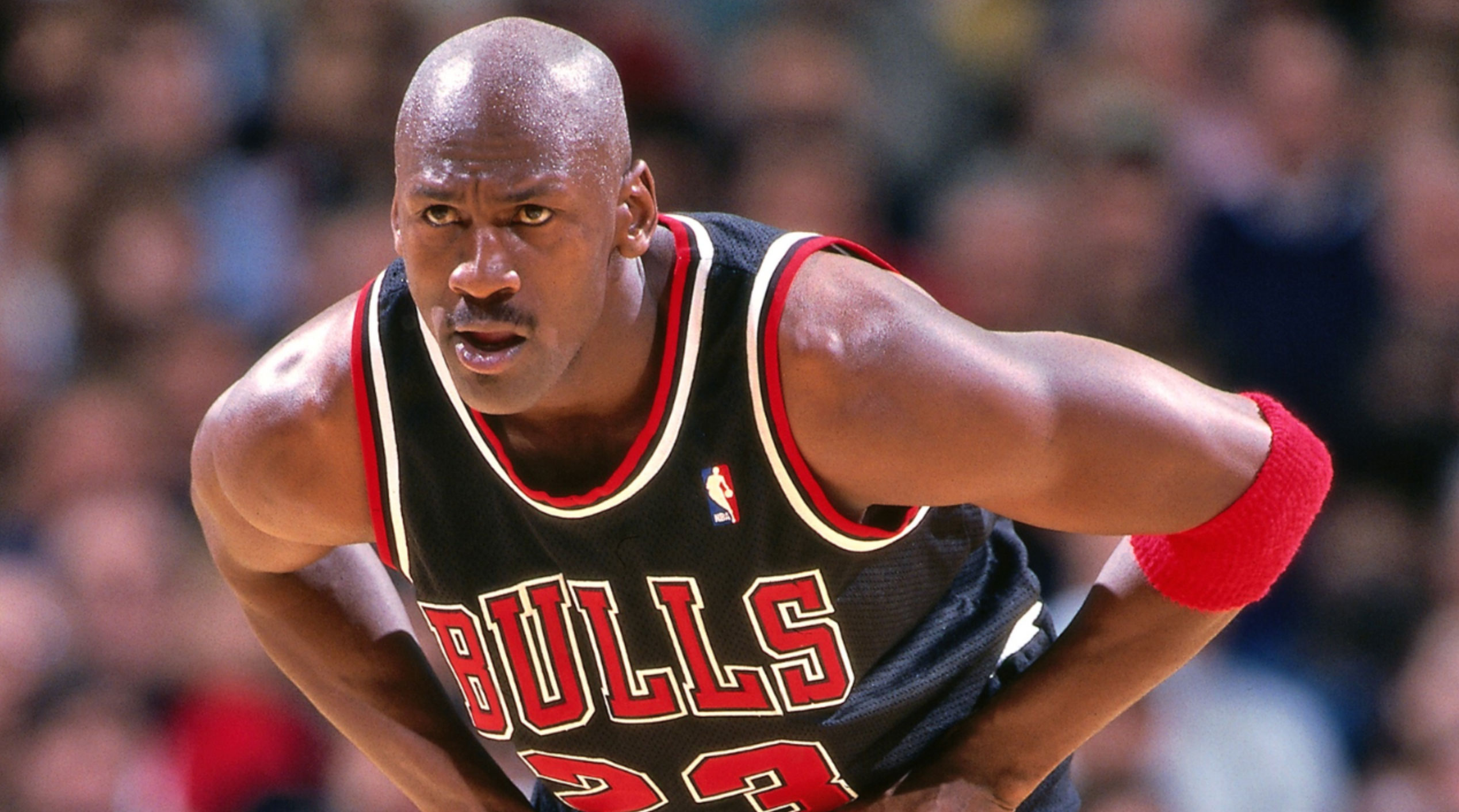
Jordan's influence transcends the basketball court. From sneaker culture to team ownership and global branding, his legacy continues to grow. But it all started with one question: how long did Michael Jordan play in the NBA? Understanding the length and breadth of his NBA career offers key insight into why he remains a global icon decades after his final game.
Michael Jordan’s 15-season NBA career may have spanned nearly two decades with a few breaks, but his impact is timeless. Whether with the Chicago Bulls or the Washington Wizards, Jordan exemplified greatness, resilience, and an undying passion for basketball. When asking 'how long did Michael Jordan play in the NBA?', it's not just about the years — it's about the legacy he built within those years. His influence on the game and the world continues to inspire future generations.

